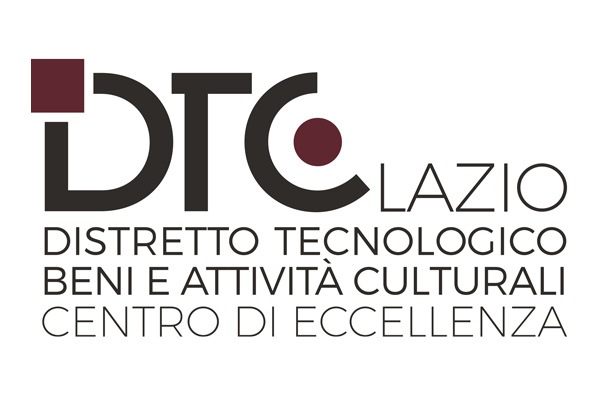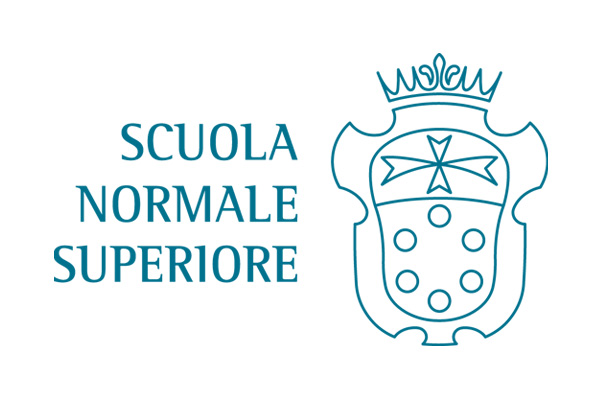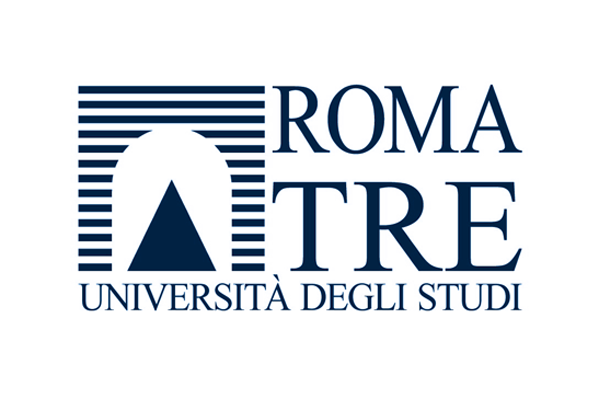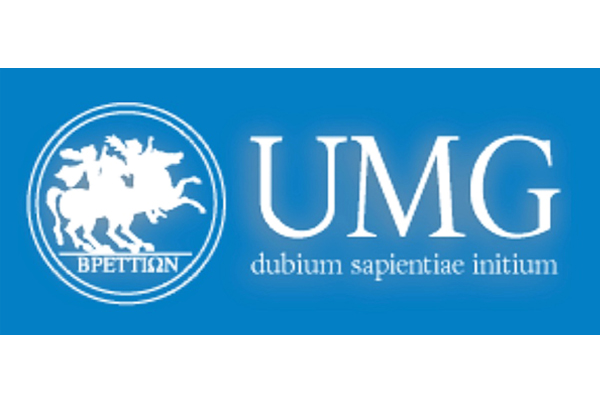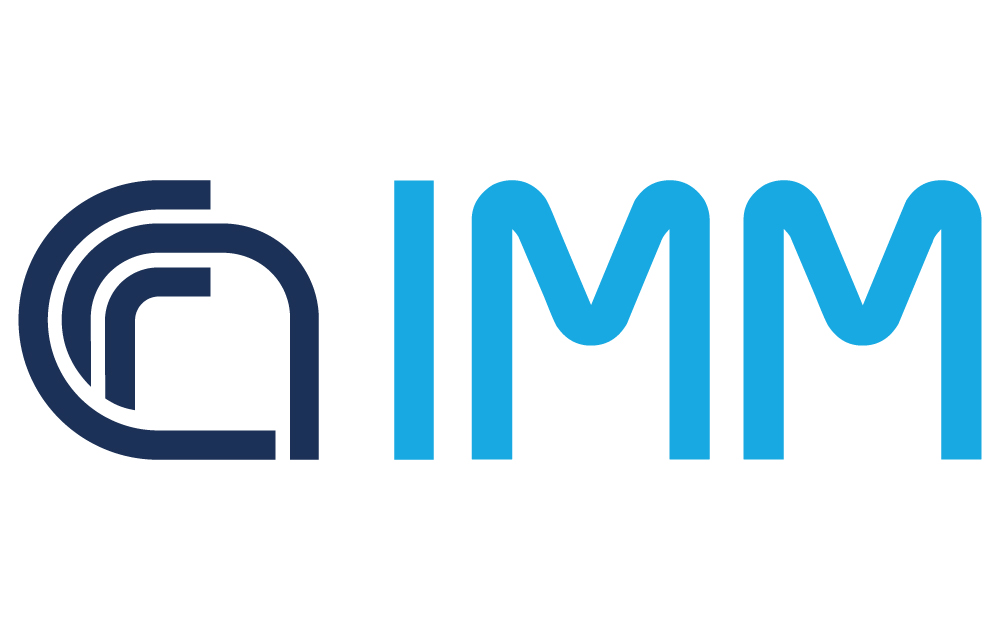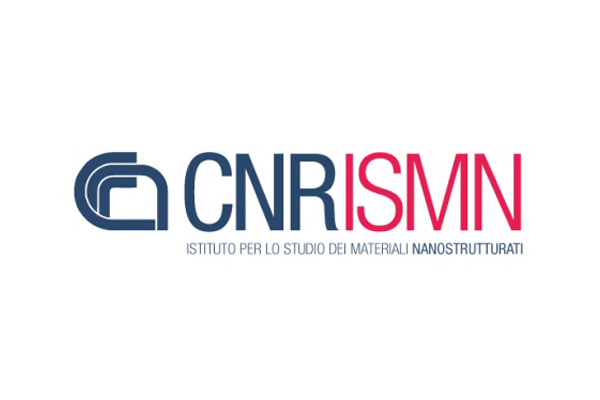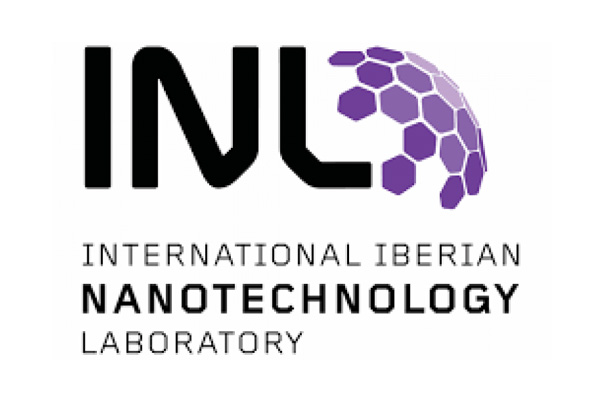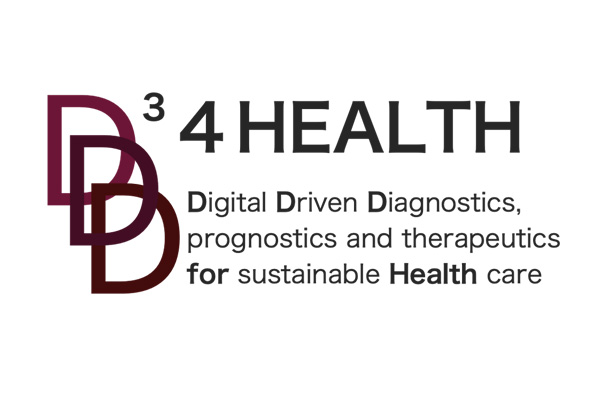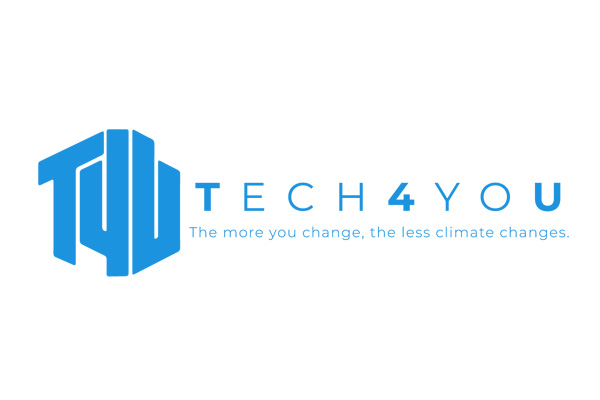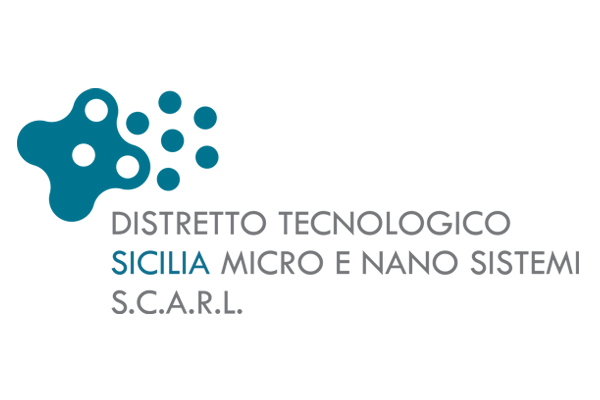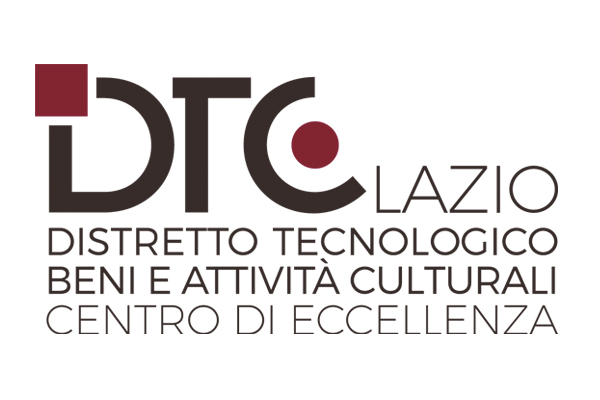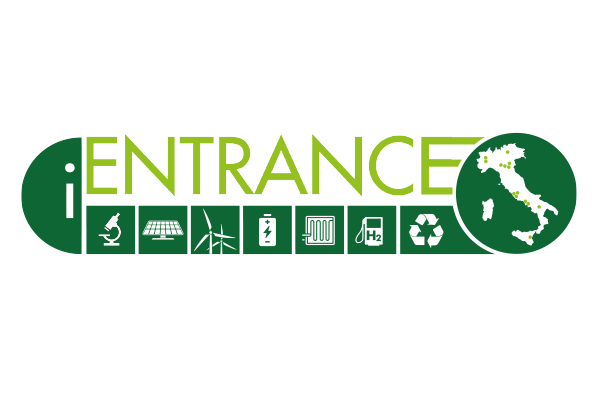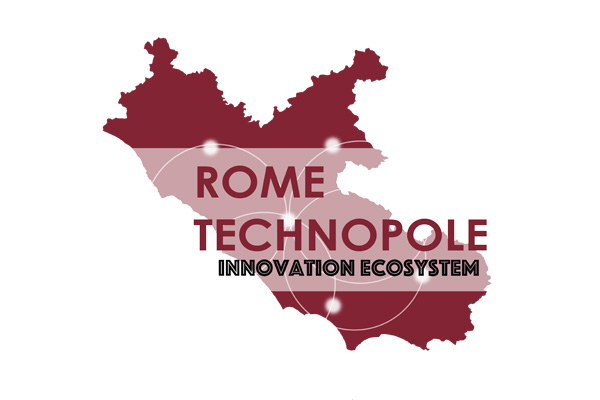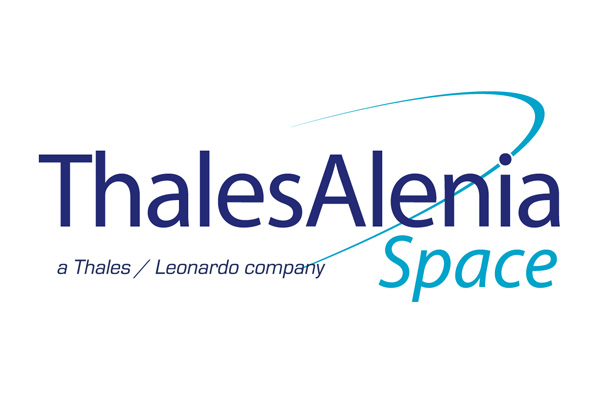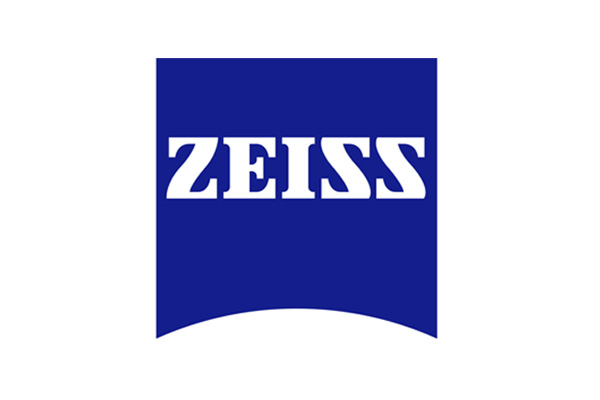 |
 |
 |
 |
 |
||||||||||||||
| ROOM 1 | |||||||||
| 09:00 11:00 |
WELCOME SESSION |
||||||||
|
Chairs: Carlo Massimo CASCIOLA |
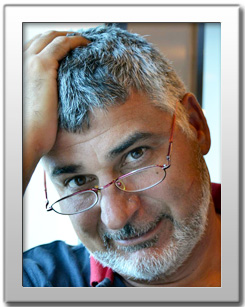 |
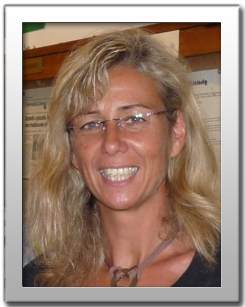 |
|||||||
| OPENING GREETINGS PS.I |
|||||||||
| PS.I.1 | Maria Sabrina SARTO Sapienza University of Rome, Deputy Rectress for Research |
 |
|||||||
| GREETINGS | |||||||||
| PS.I.2 | Monica LUCARELLI Comune di Roma, Assessora alle Attività Produttive e alle Pari Opportunità |
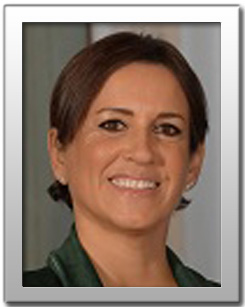 |
|||||||
| PS.I.3 | Maria Cristina MESSA Fondazione Don Carlo Gnocchi, Scientific Director |
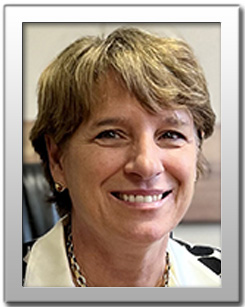 |
|||||||
| PS.I.4 | Candido Fabrizio PIRRI Polytechnic University of Turin, Vice Rector for Research Model and Infrastructure Development |
 |
|||||||
| PS.I.5 | Giorgio GRADITI ENEA, General Director |
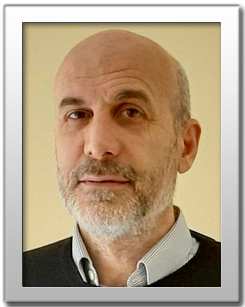 |
|||||||
| PS.I.6 | Massimo CARNELOS MAECI, Capo dell'Ufficio Innovazione, start-up e spazio - DGSP Uff. XI |
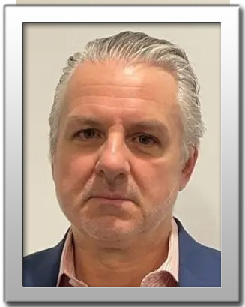 |
|||||||
| CLOSING GREETINGS | |||||||||
| PS.I.7 | Carlo Massimo CASCIOLA Sapienza University of Rome, Dean of the Faculty of Civil and Industrial Engineering |
 |
|||||||
| OPENING SESSION PS.II Research & Innovation Strategies at the PNRR Era |
|||||||||
| Chair: Marco VITTORI ANTISARI NanoItaly Association |
 |
||||||||
| PS.II.1 | Giulia MONTELEONE ENEA, Direttrice del Dipartimento Tecnologie energetiche e fonti rinnovabili Strategie ENEA Innovazione e Trasferimento Tecnologico |
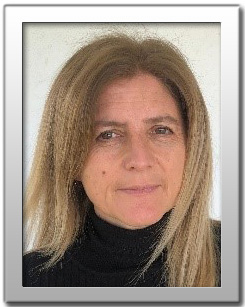 |
|||||||
| PS.II.2 | Rudy Alexander ROSSETTO President of Professional Order of Biologists in Lombardy The role of biologists in the life sciences and nanotechnologies: insights and challenges of the Lombardy Region model |
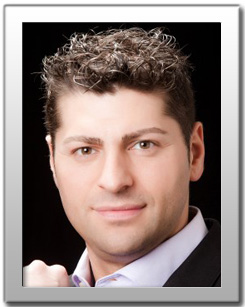 |
|||||||
| PS.II.3 | Marziale FEUDALE Thales Alenia Space - Italia, CTO, Senior Expert, R&D&T and Horizon EU Introducing different to create value: innovation and R&D strategy at TAS-I |
 |
|||||||
| PS.II.4 | Sara MORISANI AIRI, Director Tecnologie prioritarie per l'industria nazionale |
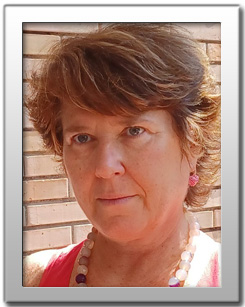 |
|||||||
| PS.II.5 | Massimo SCACCABAROZZI Direttore Think Tank on Radar Fondazione Menarini - Presidente Sezione Farmaceutica e Biomedicale Unindustria Lazio Le trasformazioni della farmaceutica: ricerca, produzione, valore economico e sicurezza nazionale. Come cambiano gli scenari al servizio della salute dei pazienti |
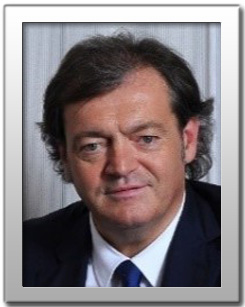 |
|||||||
| PS.II.6 | Alessandro GARIBBO Leonardo, Head of Universities and Research Centers Coordination PNRR and PhDs as a model (which could be improved) for cooperation between industry and academia – Leonardo's experience |
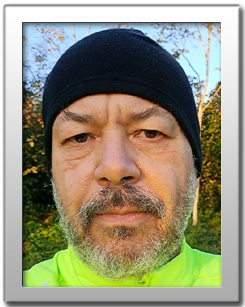 |
|||||||
| PS.II.7 | Roberto SANTANGELO Regione Abruzzo, Assessore |
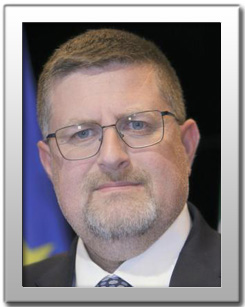 |
|||||||
| 11:00 - 11:30 break | |||||||||
| ROUND TABLE | |||||||||
 |
|||||||||
| 11:30 13:00 |
Coordinators: Vittorio MORANDI, ISMN-CNR Marco ROSSI, Sapienza University of Rome |
 |
 |
||||||
|
Moderator: Chiara LICO, Journalist, writer and TV presenter |
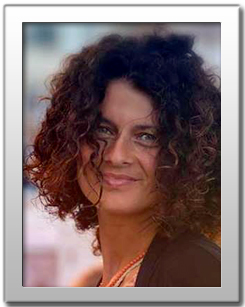 |
||||||||
|
In recent years, the significance of research infrastructures, as providers of advanced instrumentation and specialized skills, has dramatically increased due to the necessity for optimal management of highly complex and costly instruments. In an ever-evolving landscape of scientific and technological advancement, the pivotal role of research infrastructures is undergoing a significant transformation. These infrastructures are not just repositories of cutting-edge instrumentation and specialized expertise; they have become catalysts for innovation, driving progress through optimal management of high-cost, complex equipment. This shift in research activity management, where laboratory results must be integrated with experiments conducted in large, publicly accessible research infrastructures, presents not only new opportunities but also new and often uncharted challenges. Optimizing interactions among various structures and research teams, managing intellectual property, and coordinating time and access modes are essential aspects. The creation of decentralized research infrastructures, organized as a network of independent laboratories, adds another layer of complexity. Furthermore, recent funding initiatives under the Next Generation EU Plan (PNRR) have significantly accelerated investments in Italy in both Research Infrastructures and Technological Infrastructures for Innovation. It is crucial to align these new initiatives with existing national efforts in a coordinated, inclusive, and synergistic manner, promoting best practices and effective governance. The Round Table aims to be one occasion to facilitate a dialogue among all stakeholders involved in the establishment, management, and operation of research infrastructures, and those potentially interested in utilizing these infrastructures. It will provide information on both technological and organizational-managerial characteristics essential for creating a network of research infrastructures while collecting opinions and suggestions on the most effective management approaches. The themes on the table span from the needs in terms of operative structure, operator skills, to the instrument characteristics and their evolution strategy. By doing so, we hope to further stimulate the interests of operators, fostering a greater awareness of the potential offered by individual infrastructures and their integration. Overall, this initiative aims to create a collaborative environment to address the pressing challenges faced by the research community in managing and optimizing the use of research infrastructures. By sharing knowledge, experiences, and suggestions, we can work towards a more integrated and efficient network of research infrastructures, ultimately contributing to the acceleration of technology transfer and innovation. The discussion at the beginning of the Round Table will be started by the panelists listed below. Participation is open and free upon online registration. Your participation and input are invaluable in shaping the future of research and technology transfer in Italy and beyond. We invite you to be part of this seminal discussion, as we collaboratively envision the future of research infrastructures in an integrated, efficient, and innovative manner. If you wish to join the list of panelists, kindly forward your request to the coordinators: Vittorio Morandi ( |
|||||||||
 |
|||||||||
| 13:00 - 14:00 light lunch | |||||||||
| CLOISTER ROOM | |||||||||
| SCIENTIFIC PLENARY SESSION | |||||||||
| The advancements of the scientific research and the innovation that derives from these are fostering a rapid and, at the same time, difficultly predictable progress in many technologies having an elevated societal impact. This session intends to provide the audience with an updated perspective on topics of particular relevance through the presentation of the most significant recent advancements in various crucial technological fields with the aim of delineating the frontiers that the scientific research is uninterruptedly moving forward. With these intentions it is anticipated that the diversity of the topics as well as the width of the range of disciplines involved will characterize the thematic portfolio of the session. In particular, the session will focus first on electronics, with presentations ranging from the optimisation of manufacturing processes to the development of new, high-performance devices that push the boundaries of what is technologically possible. Central to this type of development are the precision in the characterisation techniques of materials/devices, and the application of rigorous standards of metrology, which all ensure the reliability and warrant the performance in the innovated semiconductor-based technologies. It will be evidenced that these aspects not only drive progress in electronics, but also have far-reaching implications for other type of industries and in diverse applications. As a consequence of the reliability in advanced characterization techniques it will be recognized the essential role of the organization of modern research infrastructures in facilitating collaborative/multipurpose research between scientists/partners with different backgrounds through a contribution that showcases the achievements of a well-established facility in which research has been conducted at high levels in different areas over several decades. Another focus of this session is energy storage and the related technologies of electrochemical type which are recognised as fundamental to enable sustainable energy solutions. The issues of batteries safety, durability, cost and availability of materials as well as the diffusion of the electric mobility will be discussed with the presentation of contributions on the latest advances in battery manufacture, infrastructure installation addressing current challenges. This segment of the session aims to provide insights into how these energy storage technologies are evolving to meet future needs. Finally, another focus of the session is the advancement of computational science in relation to the development of new forms of computing based on neurological networks and for the prediction of the behaviour of novel materials like nanoconfined water. Overall, this session highlights the interconnected nature of the current scientific research and emphasises the importance of continuous innovation for the advancement of technology and the consequences on the habits of the society. | |||||||||
| Advancements and Frontiers in Scientific Research and Innovation 1/2 PS.III |
|||||||||
| 14:00 16:00 |
Chair: Danilo DINI, Sapienza University of Rome | 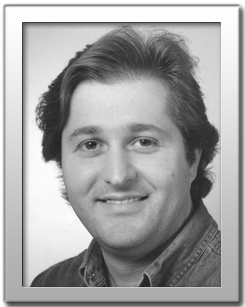 |
|||||||
| PS.III.1 |
Jürgen GARCHE - CV |
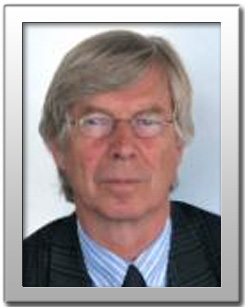 |
|||||||
| PS.III.2 | Giovanni Battista APPETECCHI - CV ENEA Sodium-ion battery technology: a look on the state-of-art and main ENEA achievements |
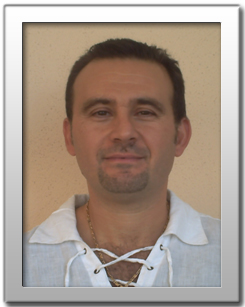 |
|||||||
| PS.III.3 | Burkhard BECKHOFF - CV Physikalisch-Technische Bundesanstalt, Germany Quantitative characterization of energy and nanomaterials by means of traceable x-ray spectrometry |
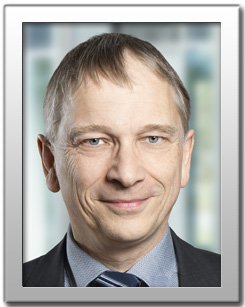 |
|||||||
| PS.III.4 | Domenico MELLO - CV EM Microelectronic, a Company of the Swatch Group Tomography revolutionizing microelectronics and semiconductor analysis approach |
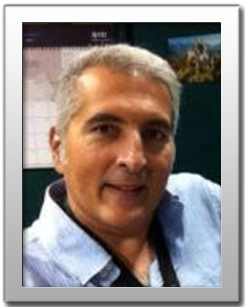 |
|||||||
| 16:00 - 16:30 break | |||||||||
| Advancements and Frontiers in Scientific Research and Innovation 2/2 PS.IV |
|||||||||
| 16:30 18:30 |
Chair: Danilo DINI, Sapienza University of Rome |  |
|||||||
| PS.IV.1 | Fernando Araujo de CASTRO - CV National Physical Laboratory, UK Metrology for innovation of next generation semiconductor materials |
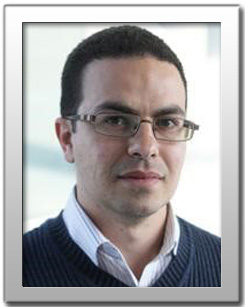 |
|||||||
| PS.IV.2 | Lucio CALCAGNILE - CV University of Salento | CEDAD The CEDAD research infrastructure at the University of Salento: 25 years of research in Material Science, Environment and Cultural Heritage |
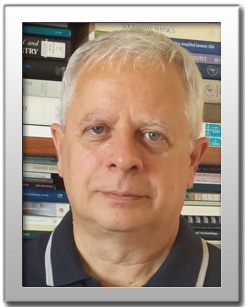 |
|||||||
| PS.IV.3 | Andrea CAPASSO - CV International Iberian Nanotechnology Laboratory - INL, Portugal 2D material-based memristors for neuromorphic computing |
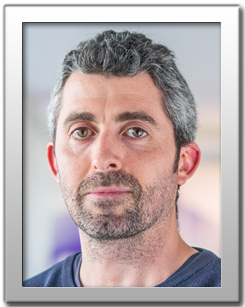 |
|||||||
| PS.IV.4 | Simone MELONI - CV University of Ferrara Does nanoconfined water look like bulk water? |
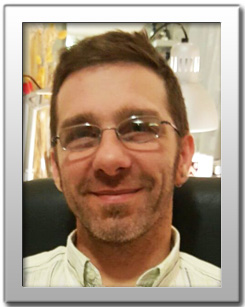 |
|||||||
| WELCOME COCKTAIL in THE CLOISTER | |||||||||
| Back to Masterplan | |



